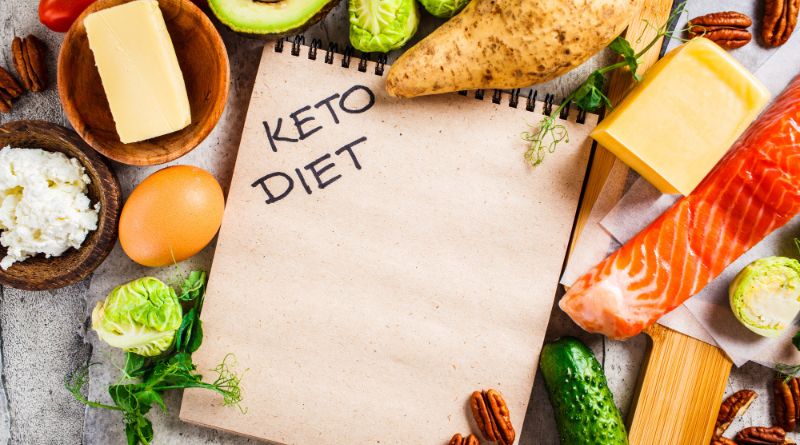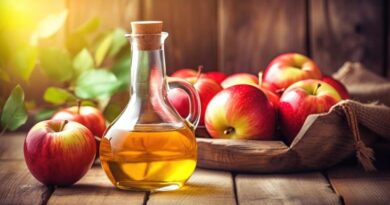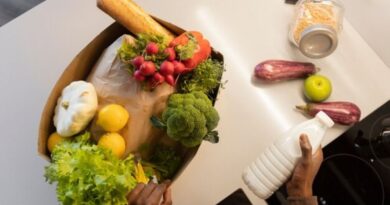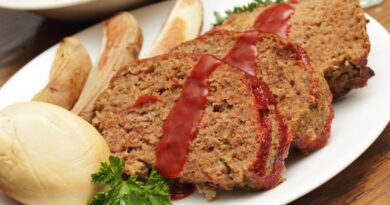The ketogenic diet, or keto diet, has become increasingly popular for its potential health benefits, including weight loss and improved metabolic health. This low-carb, high-fat diet focuses on reducing carbohydrate intake and increasing fat consumption to induce a state of ketosis, where the body burns fat for fuel instead of carbohydrates. To successfully follow the keto diet, it’s important to be aware of the foods that can hinder your progress and kick you out of ketosis.
In this blog post, we will discuss ten foods that you should avoid on the keto diet to make informed choices for success. From high-carb grains and starchy vegetables to sugary treats and processed foods, these foods can spike your blood sugar levels and inhibit ketosis.
By understanding which foods to avoid, you can stay on track with your keto journey and maximize the benefits of this dietary approach.
What Foods To Avoid On Keto Diet
The ketogenic (keto) diet is a low-carb, high-fat eating plan that encourages the body to burn fat for energy instead of carbohydrates. To achieve and maintain ketosis, it’s crucial to avoid certain foods that are high in carbs and sugar. This article outlines ten foods to avoid on a keto diet and provides insights into making informed dietary choices for successful weight loss and overall health.
Beer and Mixed Drinks
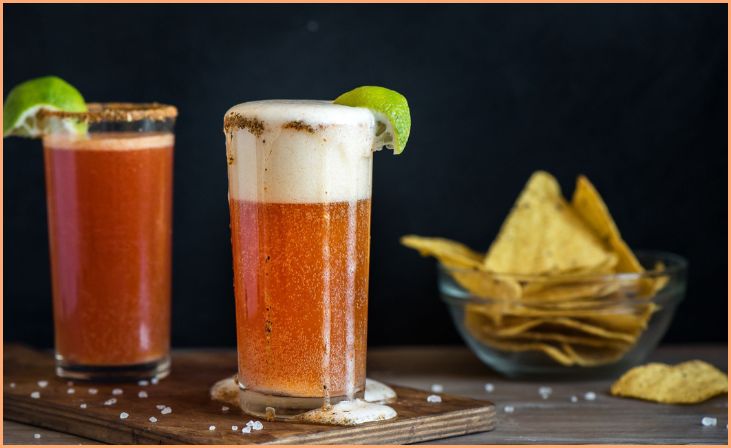
Indulging in alcoholic beverages can pose challenges for those following a keto diet, as alcohol is metabolized before fats, potentially disrupting the ketogenic process. Beer and mixed drinks, often laden with sugars, stand out as high-carb culprits that can hinder your body’s ability to maintain ketosis. To align with keto principles, it’s advisable to opt for lower-carb alternatives such as dry wine or hard liquor. However, moderation remains key, as even these choices can impact ketosis. Prioritizing awareness of carb content and mindful consumption will help strike a balance between social enjoyment and staying on track with your keto goals.
Quick Link: 7 Low-Carb Dinner Options for the Keto Diet
Honey and Syrups
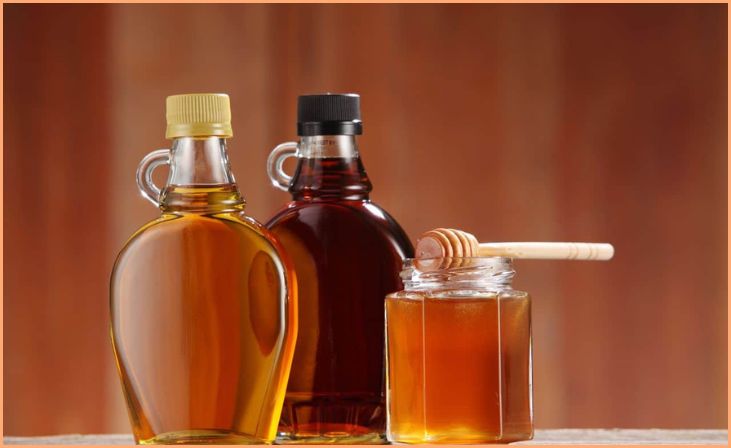
Sweeteners like honey, agave, and maple syrup, though natural, are concentrated sources of sugar that can significantly increase carb counts. Their consumption may result in blood sugar spikes, posing a challenge for those aiming to maintain ketosis on a keto diet. Opting for these sweeteners may inadvertently lead to an exit from ketosis, undermining the diet’s effectiveness. To address the desire for sweetness without compromising ketosis, consider sugar substitutes.
These alternatives offer a way to satisfy your sweet tooth while adhering to the low-carb principles of the keto diet. Making informed choices about sweeteners ensures you stay aligned with your dietary goals and enjoy the benefits of ketosis.
Juice
Despite their refreshing taste, fruit juices are not suitable for those following a keto diet. These beverages lack fiber and are often high in sugar, leading to rapid blood sugar spikes that can disrupt the metabolic state of ketosis. Consuming high-carb, low-fiber options like fruit juice can undermine the effectiveness of the keto diet by introducing a significant amount of carbohydrates without the accompanying fiber to slow down their absorption. It’s crucial to avoid such beverages to ensure that your body remains in ketosis, allowing it to burn fat for fuel efficiently.
Opt for water, herbal teas, or other keto-friendly drinks to stay hydrated without compromising your dietary goals. Making informed choices about beverage consumption is essential for successfully navigating the challenges of a keto lifestyle.
Sugary Sodas
Sodas, both regular and diet, pose challenges for individuals on a keto diet. Regular sodas are laden with sugars, contributing to a high carb content that can easily surpass daily limits, jeopardizing the state of ketosis. While sugar-free alternatives may seem like a solution, they often contain artificial sweeteners that some individuals prefer to limit due to potential long-term health effects. It’s crucial to read labels carefully and choose beverages that align with your dietary goals.
Water, sparkling water, and herbal teas are excellent alternatives to sodas, providing hydration without compromising your carb intake. By avoiding these high-carb, low-nutrition drinks, you can better maintain the metabolic state of ketosis and support the success of your keto journey.
Dried Fruit or Trail Mix
Dried fruits, such as dates and mixed dried fruit, may seem like a healthy snack, but they are concentrated sources of sugar, posing a challenge for those following a keto diet. The dehydration process intensifies the sweetness and results in a higher carb content, potentially disrupting ketosis. It’s advisable to opt for fresh berries as a more keto-friendly alternative.
Berries like strawberries, blueberries, and raspberries not only satisfy your sweet cravings but also provide lower carb counts along with essential nutrients like antioxidants and vitamins. By choosing fresh berries over dried fruits, you can enjoy a flavorful and nutritious option that aligns with the principles of a ketogenic lifestyle.
Low Fat Diet Foods
Navigating the world of low-fat foods on a keto diet requires careful scrutiny of nutrition labels. While these products may boast reduced fat, they often compensate by increasing sugar content. It’s crucial to read labels attentively, as hidden sugars can easily tip the carb scale, potentially hindering your efforts to maintain ketosis.
Opting for whole, unprocessed foods and incorporating healthy fats from sources like avocados, olive oil, and nuts ensures a more reliable approach to the ketogenic lifestyle. By staying vigilant about the sugar content in seemingly low-fat options, you can make informed choices that support your ketosis goals and overall well-being.
Fresh Fruits
Indulging in nutrient-dense fruits like mangoes, bananas, and grapes can be tempting, but their high-carb content poses a challenge to maintaining ketosis. These fruits, while rich in essential nutrients and fiber, can potentially impede the metabolic state necessary for a keto diet. However, this doesn’t mean you have to eliminate them entirely. Enjoying these fruits occasionally in small, controlled portions allows you to reap their nutritional benefits without jeopardizing ketosis.
Being mindful of your overall carb intake and incorporating these fruits strategically can strike a balance between satisfying your taste buds and adhering to the principles of the ketogenic lifestyle.
Chocolate

When it comes to satisfying your chocolate cravings on a keto diet, opting for dark chocolate with a cacao content of 70% or higher is key. This choice ensures a rich flavor and minimal added sugar, making it a suitable indulgence. However, exercise caution with milk and white chocolates, as they tend to contain higher sugar levels. To navigate the world of keto-friendly chocolates, explore options explicitly crafted for ketogenic diets.
These specialized chocolates often use sugar substitutes like stevia or erythritol to maintain sweetness without compromising your carb limits. Remember, moderation is key, so savor your dark chocolate treats mindfully to stay within your daily carb allowance and maintain the benefits of ketosis.
Quinoa and Other Grains
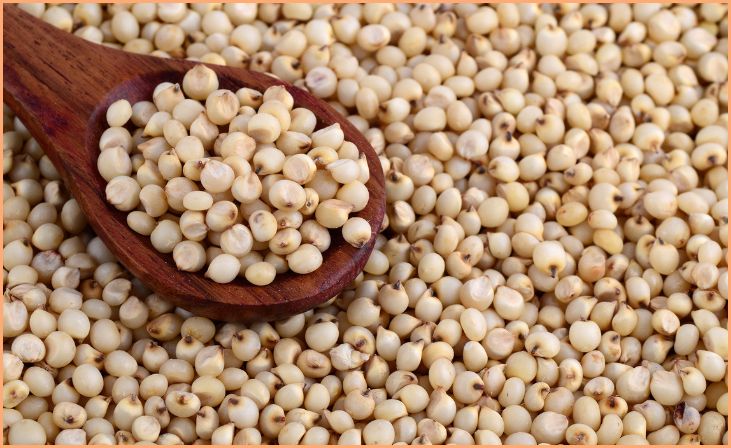
While grains like quinoa and millet are considered healthy in a balanced diet, they are relatively high in carbohydrates, which can interfere with the ketogenic state. If you’re keen on incorporating quinoa, it’s advisable to use it sparingly and strategically, perhaps as a garnish or a small addition rather than a central element of your meal. This way, you can enjoy the nutritional benefits of quinoa without significantly impacting your carb intake.
As you navigate the nuances of a keto diet, maintaining awareness of the carb content in each component of your meals is essential for staying in ketosis and reaping the metabolic benefits associated with this dietary approach. Always be mindful of portion sizes and the overall composition of your plate to make informed choices that align with your keto goals.
Also Read: 6 Foods That Affect Your Sleep: What to Avoid Before Bedtime
Legumes
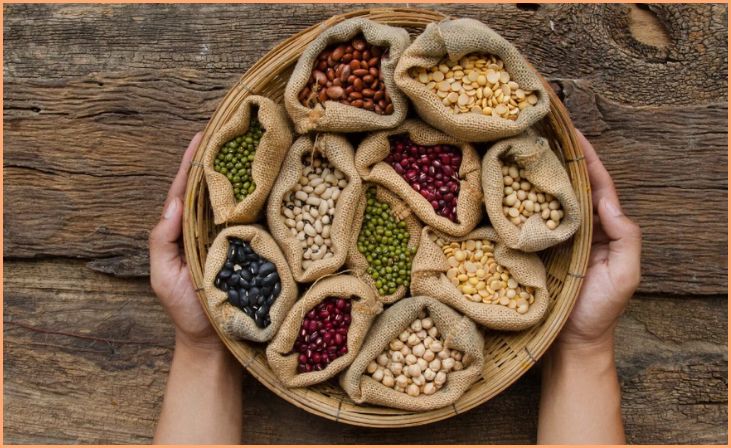
Legumes, renowned for their nutritional density, can be relatively high in carbohydrates, posing a challenge for those following a keto diet. However, there are keto-friendly alternatives within the legume category. Opting for lower-carb legumes such as green beans and black soybeans allows you to incorporate these nutrient-rich foods into your meals while managing your carbohydrate intake.
Hummus, made from chickpeas, can be consumed in moderation, considering its carb content. To diversify your dip options, explore non-bean alternatives like guacamole or spinach and artichoke dip. This way, you can still enjoy the flavors and nutrients associated with legumes while adhering to the principles of a ketogenic diet. Balancing variety, portion control, and carb awareness is key to successfully navigating the nuances of a keto lifestyle.
Always consult with a healthcare professional or a registered dietitian for personalized advice on dietary choices and nutritional requirements.
Navigating a keto diet involves making smart food choices to maintain ketosis and achieve weight loss goals. By avoiding carb-heavy foods like sugary beverages, dried fruits, and high-carb grains, you can enhance your chances of success on the keto journey.
Bottom Line
In conclusion, being aware of the foods to avoid on the keto diet is crucial for achieving success and reaping the benefits of this low-carb, high-fat lifestyle. Avoiding high-carb grains, starchy vegetables, sugary treats, and processed foods can help you maintain ketosis and promote weight loss and improved metabolic health. Instead, focus on consuming low-carb vegetables, healthy fats, and high-quality proteins to support ketosis and provide essential nutrients. Remember to read labels, track your carbohydrate intake, and make informed choices when it comes to your food selections on the keto diet. By being mindful of your food choices, you can optimize your results and achieve your health goals.
FAQs
While many fruits are high in natural sugars, some berries like strawberries and blackberries can be enjoyed in moderation due to their lower carb content.
Most non-starchy vegetables are keto-friendly, but it’s wise to moderate intake of high-carb veggies like potatoes and carrots.
Yes, but choose full-fat options and be mindful of added sugars in flavored products like some yogurts.
In moderation, certain low-carb alcoholic beverages like dry wines and spirits can be incorporated, but it’s crucial to be aware of their potential impact on ketosis.

